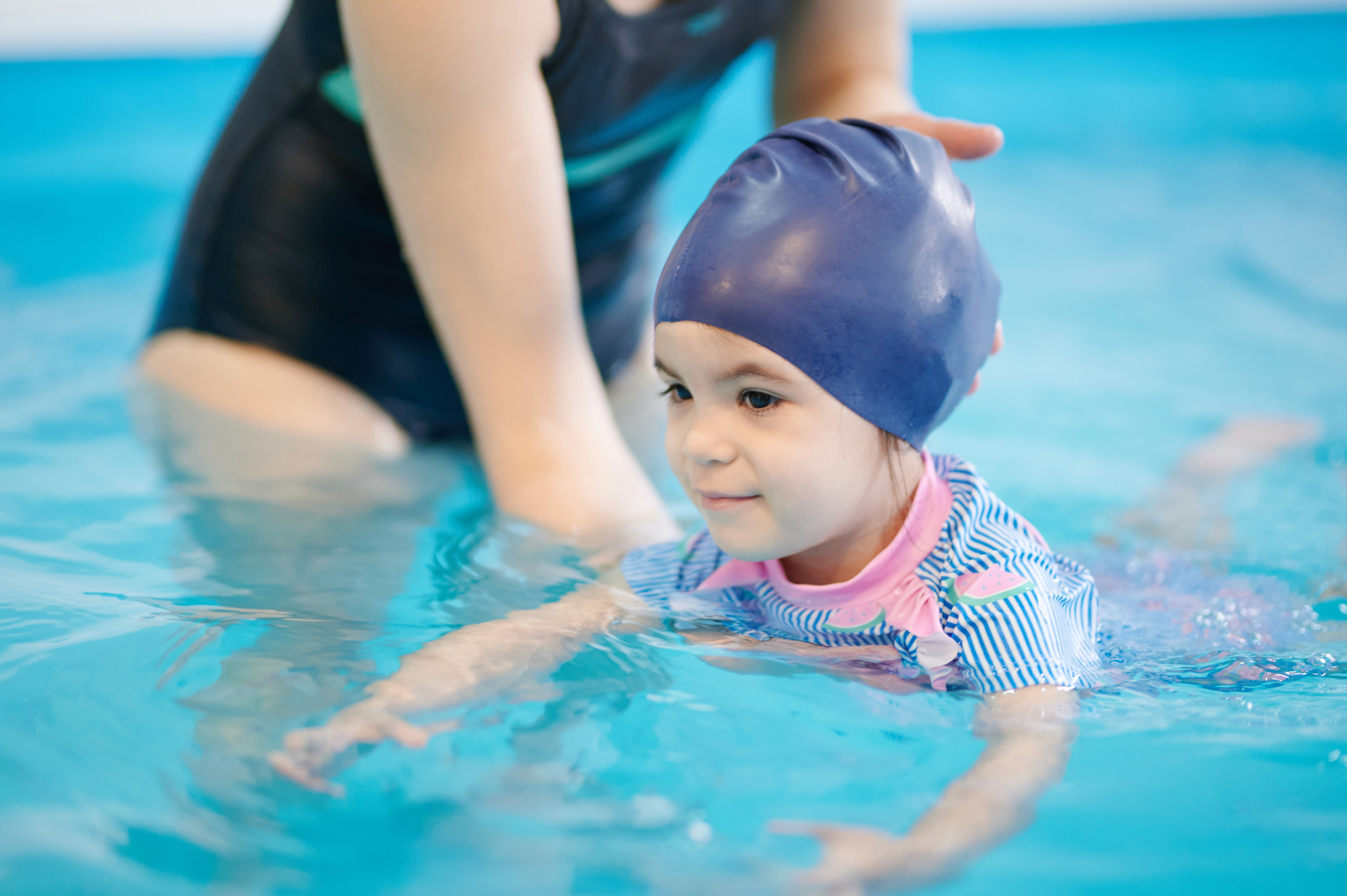Over the last 10 years, the number of children diagnosed with autism spectrum disorder has increased significantly worldwide. (^1) According to the National Autism Association and Injury Epidemiology, accidental drownings account for 91% of deaths reported in children with autism under the age of 15, and children with autism are 160 times more likely to die from drowning than their neurotypical peers. Because of this, water safety practices and swim lessons are vital life-saving measures in these households.
Why water?
No one knows exactly why children with autism tend to be attracted to water, but many experts think that it has to do with the glimmer of light on the surface of the water or the comforting sensation of being surrounded by water. (^2) On the other end, some children with autism have sensory issues that are exacerbated by the sensation of water in the face, causing a panic that could have deadly consequences.
Water Safety
Water safety is a lifesaving skill that should not be overlooked. Here are some tips to keep your family safe.
Situational Awareness
Parents and guardians should be on the lookout for a child's tendency toward or special interest in water and use those moments to teach awareness about the dangers of water. Water access should always be monitored and doors leading to pools should always have safety locks and alarms even with a pool gate. Never leave a child unattended near water, even if you think they won't jump in.
Be Aware of Stimuli
Not all pools are the same. Although your child might be calm and playful in your familiar home pool, being in a large community pool or water park that has water features and other kids playing may be overstimulating or frightening to your child. Not all pools are created equal and you should be prepared for adverse reactions in different environments.
Adaptive Swimming Lessons
It is recommended that parents and guardians get their children accustomed to the water and into swimming lessons as early as possible. Adaptive swimming lessons focus on your child's skill set and typically include smaller class sizes, printed visuals, and a quiet space to avoid sensory overload.
Use Caution With Floatation Devices
Never leave a child unsupervised with a floatation device. They can tip over and entrap a child in deeper water. Kids can also become accustomed to using a floatation device, encouraging a false sense of confidence in the water which can lead to dangerous situations.
Say Something
If you know your child tends to elope, say something before you need to. Let other members of your party know to keep an extra eye out for your child's safety, especially around bodies of water. It's important to have an additional "water watcher" in situations where there are multiple children to keep an eye on.
If your child or other loved one requires adaptive swim lessons, please reach out to our Aquatics team for private or semi-private lessons and identify your accommodation request.
Sources:
1) https://www.ncbi.nlm.nih.gov/pmc/articles/PMC8658159/
2) https://www.autismfl.org/drowning-prevention
3) https://www.autismspeaks.org/tool-kit-excerpt/swim-and-water-safety
